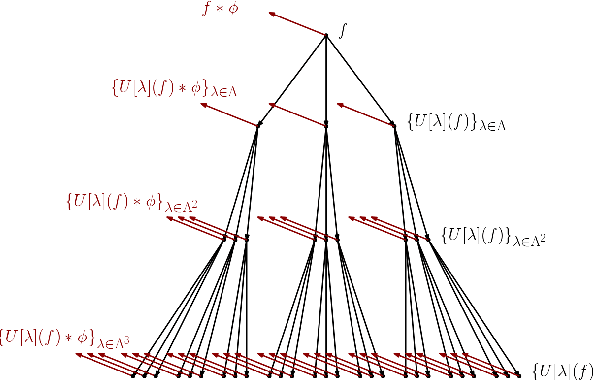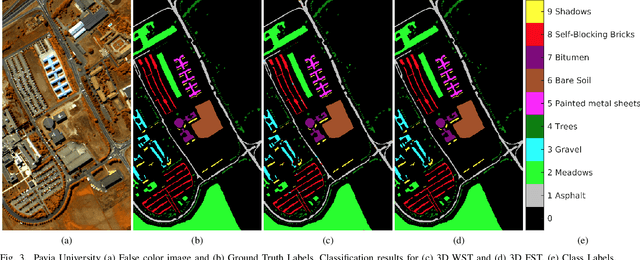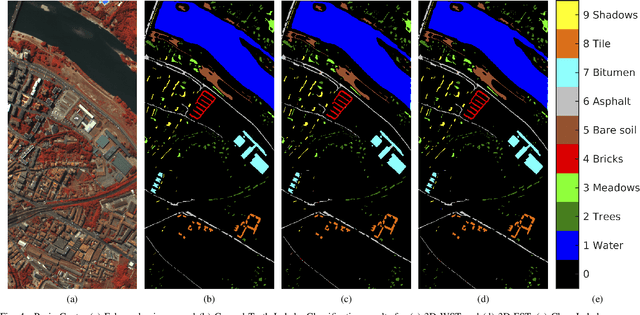Three-Dimensional Fourier Scattering Transform and Classification of Hyperspectral Images
Paper and Code
Jun 17, 2019



Recent research has resulted in many new techniques that are able to capture the special properties of hyperspectral data for hyperspectral image analysis, with hyperspectral image classification as one of the most active tasks. Time-frequency methods decompose spectra into multi-spectral bands, while hierarchical methods like neural networks incorporate spatial information across scales and model multiple levels of dependencies between spectral features. The Fourier scattering transform is an amalgamation of time-frequency representations with neural network architectures, both of which have recently been proven to provide significant advances in spectral-spatial classification. We test the proposed three dimensional Fourier scattering method on four standard hyperspectral datasets, and present results that indicate that the Fourier scattering transform is highly effective at representing spectral data when compared with other state-of-the-art spectral-spatial classification methods.
 Add to Chrome
Add to Chrome Add to Firefox
Add to Firefox Add to Edge
Add to Edge